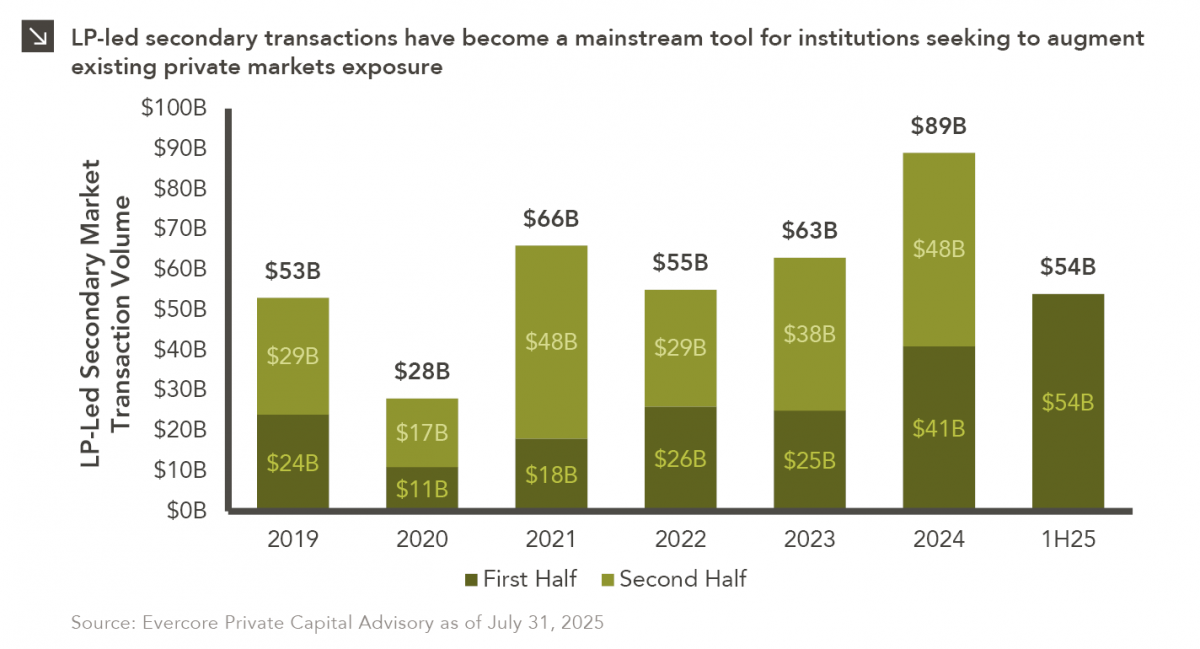01.07.2026
2026 Market Preview Webinar
Please join Marquette’s research team for our 2026 Market Preview Webinar analyzing 2025 across the economy and various asset classes…


The S&P 500 hit its Covid-induced trough on March 23rd, closing at 2237 points. Since then, it’s more than made up its losses, setting new records in the process. As detailed in a May Chart of the Week, “There’s FAAMG and Everyone Else”, technology companies have driven this recovery, spurred by a variety of increased demand attributable to remote work and schooling, online shopping, and virtual socialization, among others.
Despite technology companies grabbing the headlines, not all are classified as Information Technology by the GICS® sector classification system used by Standard & Poor’s, as one might assume. For example, the top five constituents within the S&P 500 in order are Microsoft, Apple, Amazon, Facebook, and Google parent Alphabet (FAAMG stocks), only two of which are classified as Information Technology (Microsoft & Apple). Amazon is Consumer Discretionary because of its retail focus, while Alphabet and Facebook are Communication Services. Amazon as a Consumer Discretionary stock helps explain the sector’s on par performance with Information Technology since the market bottom. Its stock price increased by 81% from March 23rd through August 31st, while Apple’s recovery over this same timespan was +131% with Facebook (+98%) not far behind.
Financials has been one of the weaker performing sectors in the recovery, as banks and other financial services companies have seen their bottom line potential shrink with Fed rate cuts. This only added to the struggle that these traditionally value-oriented firms have had keeping up with their new economy, growth-oriented counterparts. Berkshire Hathaway is the only Financials company in the top ten of the S&P, and the conglomerate’s lackluster recovery (+34% through this time period) resembles the sector as a whole. Visa is also a top ten index constituent; however, it’s classified as Information Technology. It has seen a moderate recovery of +56% over the noted timeframe.
As shown in the chart, the S&P 500 sits near the middle in recovery performance when compared to individual sectors. The S&P 500 ex-Information Technology isn’t far behind, which is surprising at face value but more understandable after considering that some tech behemoths fall into other sector classifications. As technology continues its ever expanding importance in the economy and daily life, it’s safe to assume that products and services based on technology, but outside the realm of traditional IT, will continue to grow in size and relevance.
Print PDF > Market Recovery A Closer Look at Sector Performance
The opinions expressed herein are those of Marquette Associates, Inc. (“Marquette”), and are subject to change without notice. This material is not financial advice or an offer to purchase or sell any product. Marquette reserves the right to modify its current investment strategies and techniques based on changing market dynamics or client needs.

01.07.2026
Please join Marquette’s research team for our 2026 Market Preview Webinar analyzing 2025 across the economy and various asset classes…

01.05.2026
The development of artificial intelligence is advancing along two largely distinct paths. The first centers on generative AI powered by…

12.29.2025
While the holiday season was once marked by bustling bars, readers may notice that nightlife isn’t what it used to…

12.22.2025
Private equity is known for being an illiquid asset class, with investments typically locked up for several years and limited…

12.15.2025
While technology-oriented firms have made their presence known in equity markets for several years, these companies have made waves in…
12.10.2025
At the start of 2025, very few could have predicted the wild ride that awaited equity markets. After a volatile…
Research alerts keep you updated on our latest research publications. Simply enter your contact information, choose the research alerts you would like to receive and click Subscribe. Alerts will be sent as research is published.
We respect your privacy. We will never share or sell your information.
If you have questions or need further information, please contact us directly and we will respond to your inquiry within 24 hours.
Contact Us >